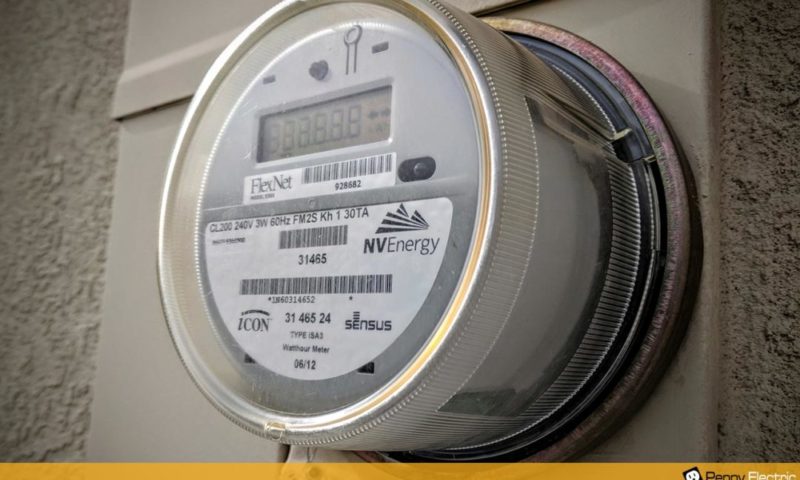In July 2021, the Union power ministry approved the Revamped Distribution Sector Scheme (RDSS) with a total outlay of Rs.3 trillion. Among other things, this massive scheme involves the deployment of smart prepaid energy meters, on a nationwide basis.
An estimated 25 crore prepaid meters have been targeted for deployment in phases, over the next five years or so. There is unanimous agreement on the fact that prepaid meters can help mitigate, to a very large extent, the financial woes of state government discoms.
Just like prepaid mobile telephony, prepaid electricity will ensure that non-payment of dues can technically be extirpated. This will ensure that discoms are not hopelessly caught in the trap of under-recoveries from consumers, and outstanding dues to generators.
What is very striking in the prepaid metering endeavour is that state discoms will not be making any upfront payment on the meter deployment. For most discoms, financially challenged that they are, there cannot be a better situation.
As per the scheme worked out, a private sector developer, which could very well the meter manufacturer itself, will undertake the capital expenditure for the prepaid meter deployment. There will of course be supplementary financing by way of Central government grant and incentives. The developer will be reimbursed by state discoms on a monthly basis. Most importantly, as prepaid metering is bound to improve the financial position of discoms very significantly, it is believed that discoms should be able to reimburse developers quite easily.
It is therefore anticipated that a new fraternity of private entrepreneurship will emerge in the prepaid metering segment. This could include manufacturers, system integrators, coordinating agencies, etc.
There is another favourable dimension. Equipment suppliers are generally wary of dealing with state discoms that are financially distressed. Delayed payments can result in cascading financial stress to the suppliers. However, with the prepaid metering activities structured in such a way that payment is intrinsically assured, several private entities could participate in the prepaid metering project.
Also read: JVs appear to be the best route for power distribution privatization
Private participation, largely through public-private partnerships (PPP), is inevitable when it comes to infrastructure development. The power value chain has also witnessed this phenomenon — mainly in power generation and power transmission. In power distribution, however, private sector involvement has been very limited given that the distribution franchisee model has not worked as expected.
Prepaid metering under the RDSS is therefore a potential avenue for private entities to lend their managerial and technical expertise to the traditionally atrophied power distribution sector, and contribute towards its revival.

